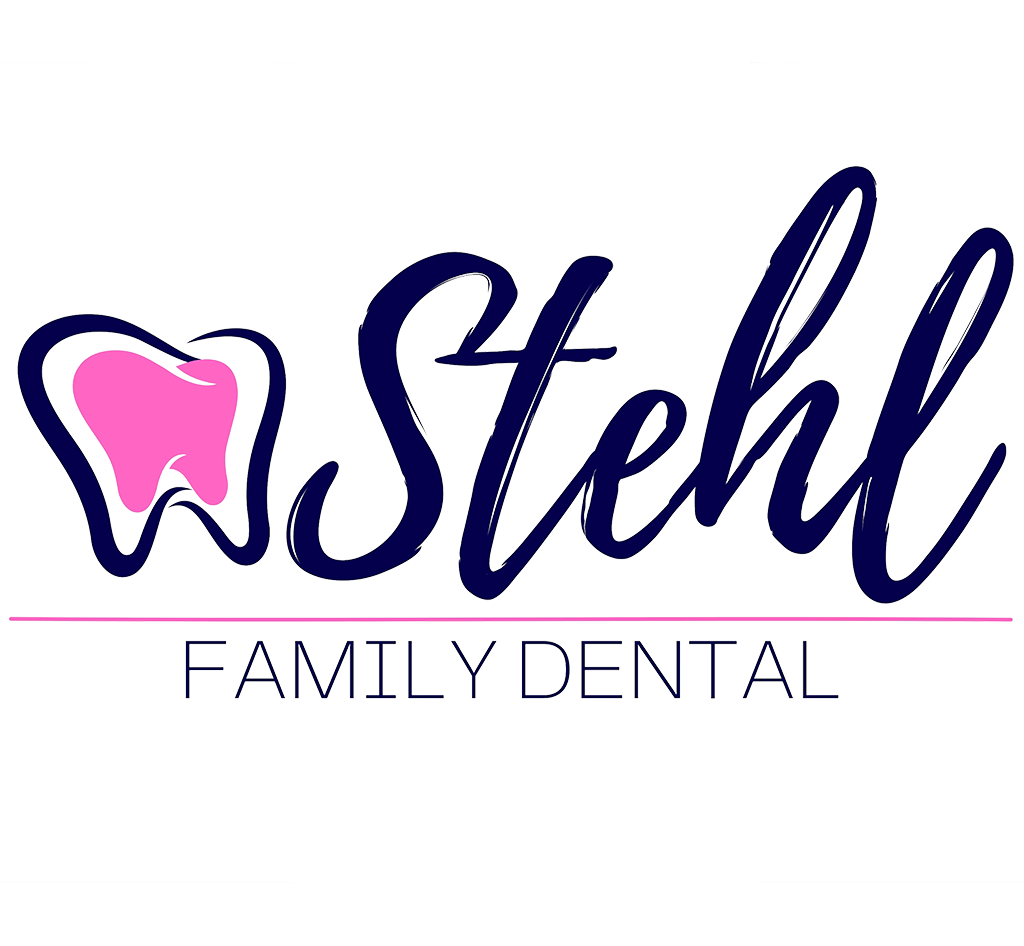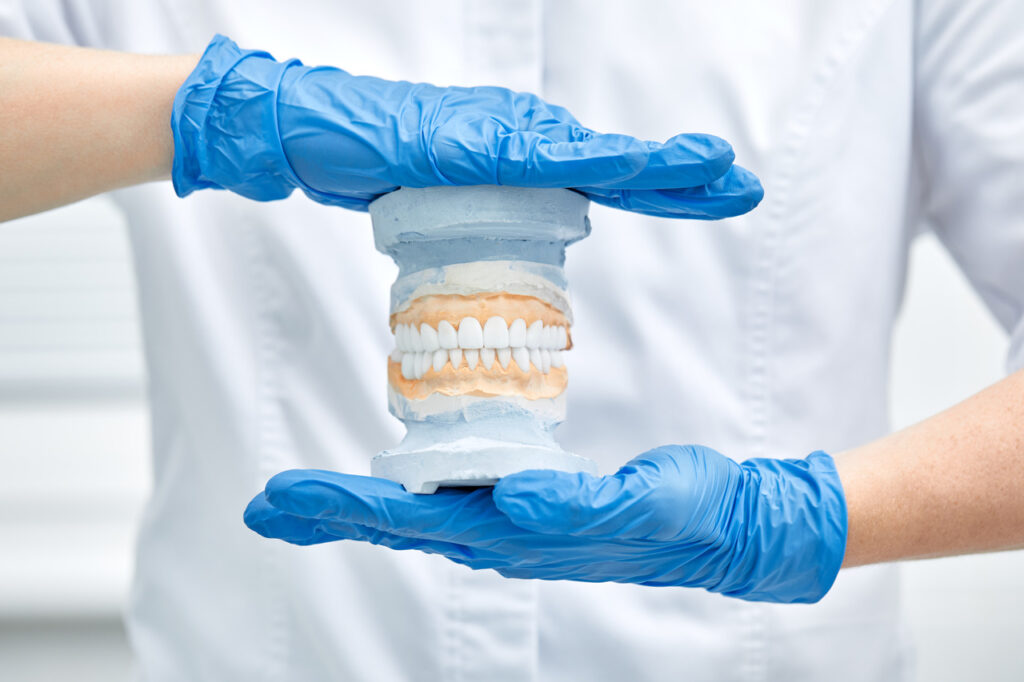Wisdom teeth—just hearing those words can send a shiver down your spine if you’ve been through it (or know someone who has). Maybe your dentist has told you they’re coming, or perhaps you’ve been wondering if those molars causing discomfort in the back of your mouth need to come out.
To remove or not to remove? That’s the real question. The good news is, we’re here to break it all down for you! From understanding the science behind wisdom teeth and recognizing the signs they may need to be removed, to explaining the removal process and offering tips for wisdom teeth removal aftercare—we’ve got you covered.
What Are Wisdom Teeth?
Wisdom teeth, or third molars, are the last teeth to develop in your mouth. Most people get wisdom teeth during their late teens or early twenties. However, not everyone develops them—it’s completely normal to have fewer than four, or none at all!
Centuries ago, wisdom teeth were useful for humans chowing down on tough foods like roots, nuts, and raw meat. Today, with our softer, more processed diets and smaller jaw sizes, they’ve become vestigial—a fancy way of saying they’re no longer necessary.
When (and How) Do Wisdom Teeth Typically Emerge?
Wisdom teeth usually start showing up between the ages of 17 and 25. Some might smoothly align with the rest of your teeth and stay out of trouble. Others may cause crowding, improper alignment, or never make it out of the gumline entirely.
This emergence (or lack thereof) can make all the difference between whether your wisdom teeth will go unnoticed or eventually need some attention.
Common Signs and Symptoms of Wisdom Teeth Issues
Wondering if your wisdom teeth are causing trouble? Keep an eye on these common signs and symptoms.
Signs Wisdom Teeth May Need to Be Removed:
- Swelling, redness, or tenderness in the gums behind your molars
- Persistent pain or discomfort in the back of your mouth
- Difficulty opening your mouth fully or chewing
- Shifting or crowding of existing teeth
- Frequent headaches or jaw stiffness
Symptoms of Impacted Wisdom Teeth:
- Intense pain in the back of your jaw
- Inflamed gums or cyst development
- Bad breath or an unpleasant taste in your mouth due to trapped food
- Recurring infections (often called pericoronitis)
- Sinus pressure or pain, if the teeth impact the upper jaw
If these symptoms sound all too familiar, it’s time to chat with your dentist to determine whether wisdom teeth removal is the best course of action.
Why Early Detection and Intervention Matter
When it comes to wisdom teeth, the earlier you catch an issue, the better. Regular dental check-ups allow your dentist to monitor their progress through X-rays, even before they emerge. Early detection minimizes potential complications like infection, tooth decay, or damage to neighboring teeth.
Taking a proactive approach may save you from discomfort (and perhaps a whole lot of stress later on).
What to Expect During Wisdom Tooth Removal
If your dentist or oral surgeon recommends wisdom teeth removal, don’t panic. It’s a routine procedure, and knowing what to expect can help ease any nervousness. Here’s how it typically goes down:
1. Preparation and Anesthesia
Before the procedure, your dentist will discuss the best anesthesia option for you—local, sedation, or general anesthesia. The goal is to keep you comfortable and pain-free.
2. The Procedure
Once numb, your dentist or oral surgeon will carefully remove the wisdom teeth. Depending on whether they’re fully or partially erupted, the surgeon may need to make a small incision in the gumline.
3. Finish and Closure
After the teeth are removed, the site is cleaned and stitched up (if necessary). You’ll likely bite down on gauze to control bleeding.
Wisdom Teeth Removal Aftercare and Recovery Tips
The recovery process is just as important as the procedure itself. Here’s what you need to know for a smooth recovery:
- Stock Up on Soft Foods: Soups, yogurt, applesauce, and mashed potatoes are your new best friends. Avoid crunchy or sticky foods that could irritate the surgery site.
- Ice Packs and Pain Management: Use ice packs to reduce swelling and take prescribed pain relievers as directed. The first few days are typically the most uncomfortable, but things should quickly improve.
- Rest Up: Keep physical activity to a minimum to allow your body to heal properly.
- Practice Good Oral Hygiene: Good hygiene is always important! Gently rinse your mouth with warm salt water to avoid infections, but skip brushing near the surgery site until your dentist says it’s okay. Following proper wisdom teeth removal aftercare instructions is essential for a smooth recovery.
Take Charge of Your Oral Health Today
Still wondering, “Do wisdom teeth have to be removed?” The best way to know for sure is to schedule a consultation with a trusted dentist. If you’re in Lee Summit, Stehl Family Dental is here to help. Our expert team will guide you through every step, from detection to removal and wisdom teeth removal aftercare.
Your oral health is our top priority—don’t wait for wisdom teeth trouble to strike!

